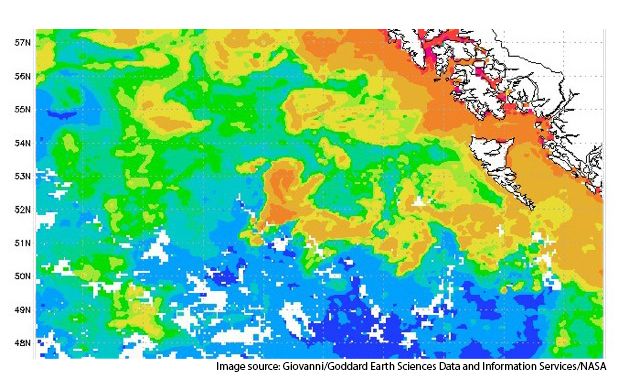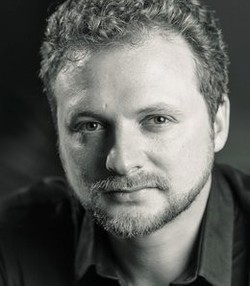This edition of the News Digest covers many developing news stories, including the first large-scale, and illegal geoengineering experiement, the winners of the Nobel Prize in the field of Economics, an update on Germany's nuclear policy dilemma, several interesting science and technology findings, and much more below.
Global News
- Scotland makes a critical step that will move the country one step closer to independence.
- A Pakistani schoolgirl shot by Taliban gunmen last week for advocating education for girls has been viewed as an international symbol of the struggle with the Taliban. This week she has been sent to the United Kingdom for medical treatment.
- Iran would enrich uranium up to 60 percent purity if negotiations with major powers over its nuclear program fail, an Iranian lawmaker said last Tuesday, in comments that may add to Western alarm about Iranian intentions.
Business & Economy
- Germany faces a hefty bill to end nuclear power: But only 18 months into the plan, the cost of the switchover is beginning to sink in. Some politicians, fearful of losing popular support for the transition, are demanding an overhaul of the mechanism to pay for it.
- U.S. economists Alvin Roth and Lloyd Shapley won the 2012 economics Nobel prize last Monday for research on how to match different economic agents such as students for schools or even organ donors with patients.
- From the Economist: An insight into how less inequality does not need to mean less efficiency.
Energy & Environment
- [TITLE IMAGE] A controversial American businessman dumped around 100 tonnes of iron sulphate into the Pacific Ocean off the west coast of Canada in July. It was a geoengineering technique known as ocean fertilisation that he hopes will net lucrative carbon credits. The title image shows the relatively high concentration of chlorophlyll, in yellow and red.
- A host of startup companies are pursuing new technologies that they claim will soon lead to large-scale commercialization of biofuels made from algae. But questions remain about the viability and environmental benefits of what its developers are calling “green crude.”
- Experts believe the next deadly human pandemic will almost certainly be a virus that spills over from wildlife to humans. The reasons why have a lot to do with the frenetic pace with which we are destroying wild places and disrupting ecosystems.
Science, Technology, & Design
- Report: U.S. Should Adopt Higher Standards for Science Education. Teachers, scientists and policymakers have drafted ambitious new education standards. All 50 states should adopt them.
- 8,200+ strong: researchers band together to force science journals to adopt open access.
- European data and privacy regulators have discovered flaws in the revised and consolidated Google privacy policy, months after launching an investigation into the search giant's privacy rules.
Urban Environment
- The road less travelled: Car use is peaking in the rich world. Governments should take advantage of that.
- Study says that natural playgrounds that include wooden structures, gardens, and other natural features are more beneficial to children and Inspire more play and interaction, compared to their modern plastic and metal counterparts.
- Renewable Energy is a catalyst for social and economic advancement, says a new report.
Unexpected and Intriguing
-
Austrian Felix Baumgartner has become the first skydiver to go faster than the speed of sound, reaching a maximum velocity of 833.9mph (1,342km/h).
- Magnet drops super-slowly through an eddy tube.
- Neural responses reveal our optimistic tendencies. Why adjusting our expectations to reality is so difficult.
This bi-weekly digest is made by assembling items from all of Except’s people. Have questions, comments, or news items to suggest? E-mail matthew.fraser@except.nl. Read past Wormfood global news reports here.
Oct. 17, 2012

